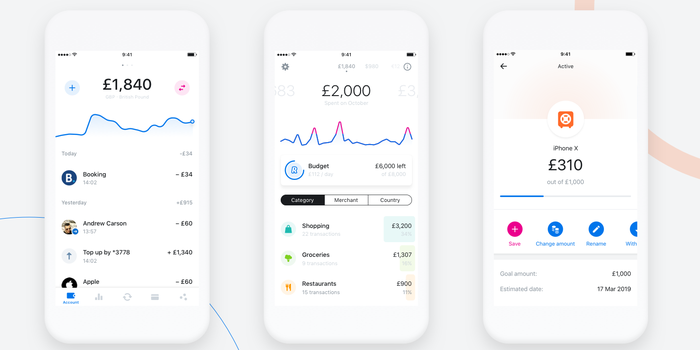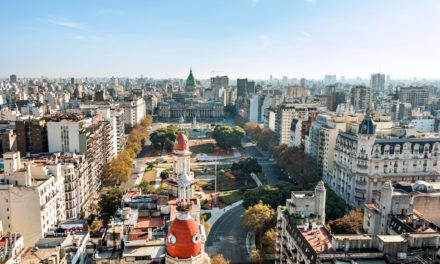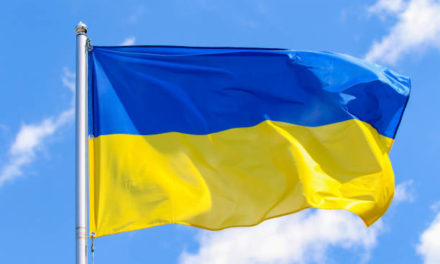The London-based digital bank and financial services provider, Revolut, has announced its entry into the Latin American market with a strategic move towards Brazil. With Brazil’s population of over 200 million people and a growing demand for crypto, the country is an exceedingly reasonable target for Revolut’s expansion plans. In effect, the growing fintech firm, which already offers crypto investments across Europe, is now officially open for business in Brazil.

The fintech firm aims to offer its popular digital banking services, including the buying and selling of cryptocurrencies, to Brazilian customers. Very recently, a survey showed that there are approximately a whopping 10 million crypto users in Brazil, and the number is rising by the second. Revolut’s move comes as part of its efforts to capitalize on the burgeoning demand for crypto assets in Brazil.

Revolut Ceo – Nik Storonsky
The digital bank’s CEO, Nik Storonsky, said, “Our mission is to unlock a borderless economy with financial products that are accessible and easy to use and that allow our customers to use their money efficiently.” “We will start with the global account and crypto investments, but this is just the beginning.”
With a customer base of approximately 29 million worldwide, Revolut is making a move to establish a stronghold in Brazil, which is Latin America’s most populous country. However, this might not be an easy task, as digital banking giant Nubank, which currently boasts of a massive 70 million customers, is to be competed with. Nubank’s recent introduction of cryptocurrency trading has been well received by the public, garnering over a million users in just one month. Despite this competition, Revolut is banking on Brazil’s growing interest in cryptocurrencies and their identified potential for expansion as they look to establish a strong presence in the region.
Revolut, in their announcement, indicated that from today, Tuesday, May 2, 2023, “a phased launch” will take place, in which “customers on the waiting list will be invited to register, in addition to opening the waiting list to people throughout Brazil.”










